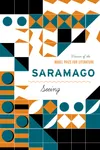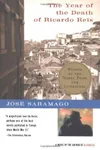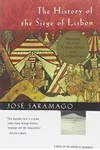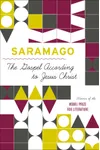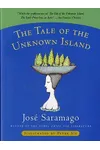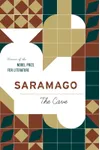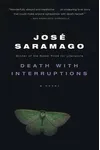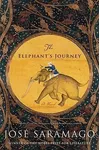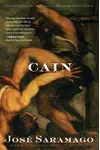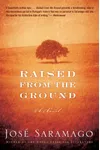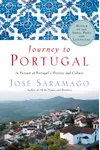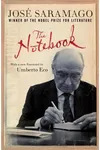Picture a Portuguese storyteller who wove magical, thought-provoking tales that challenged the world’s norms—meet José Saramago! This Nobel Prize-winning author crafted novels like Blindness and The Gospel According to Jesus Christ, blending satire, philosophy, and a punctuation-defying style that captivated readers globally. His stories invite us to question society, faith, and humanity itself with a playful yet profound touch.
Born in a small village, Saramago’s journey from humble roots to literary stardom is as inspiring as his books. His unique voice, marked by long, flowing sentences and minimal punctuation, redefined modern literature and earned him a lasting place in the hearts of readers and writers alike.
The Making of José Saramago
José Saramago was born on November 16, 1922, in Azinhaga, a rural village in Portugal. Raised in a poor farming family, he moved to Lisbon as a child, where financial struggles forced him to leave school early and work as a mechanic, clerk, and translator. Literature was his refuge, and by his 20s, he was devouring books and honing his craft. His first novel, Land of Sin (1947), flopped, leading to a 20-year writing hiatus, but Saramago’s persistence paid off when he returned with a bolder, more inventive style.
José Saramago’s Unforgettable Stories
Saramago’s breakthrough came with Baltasar and Blimunda (1982), a historical romance set during Portugal’s Inquisition, blending love, magic, and sharp social critique. His masterpiece, Blindness (1995), is a chilling allegory where a city loses its sight, exposing humanity’s fragility and resilience. The Gospel According to Jesus Christ (1991) reimagines Jesus’s life with a human, rebellious edge, sparking controversy but showcasing Saramago’s fearless storytelling. His final major work, Cain (2009), cheekily challenges biblical narratives with wit and wisdom.
Saramago’s style is unmistakable: long sentences, sparse punctuation, and a conversational tone that feels like a wise friend sharing a story. His themes—power, morality, and human nature—resonate universally, often wrapped in magical realism or satire. Whether exploring dystopian futures or historical settings, Saramago’s novels invite readers to think deeply while savoring his playful prose.
Why José Saramago Matters
Saramago’s impact transcends literature. His 1998 Nobel Prize in Literature celebrated his ability to make “the ungraspable tangible,” inspiring writers to experiment with form and tackle big ideas. His works, translated into dozens of languages, continue to shape discussions on ethics, politics, and spirituality. Saramago’s fearless critiques of authority and his empathy for the human condition make him a timeless voice, urging us to question and reflect.
In Portugal and beyond, Saramago is a cultural icon, his novels studied in schools and cherished by readers who see their world through his lens. His legacy lives on through the José Saramago Foundation, which promotes literature and social justice, reflecting his lifelong commitment to change.
About José Saramago
- Born: November 16, 1922, in Azinhaga, Portugal
- Key Works: Blindness, Baltasar and Blimunda, The Gospel According to Jesus Christ
- Awards: Nobel Prize in Literature (1998)
- Died: June 18, 2010, in Lanzarote, Spain
Snag Blindness or Baltasar and Blimunda and dive into José Saramago’s spellbinding world of wit, wonder, and wisdom!

